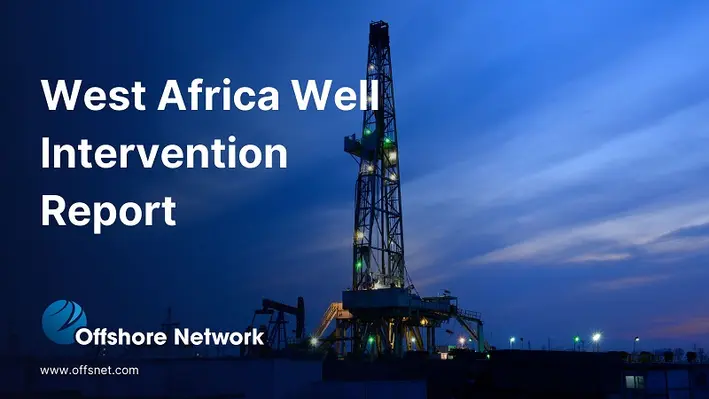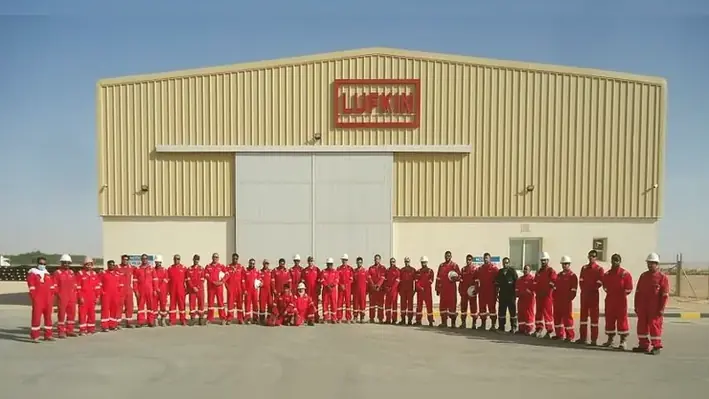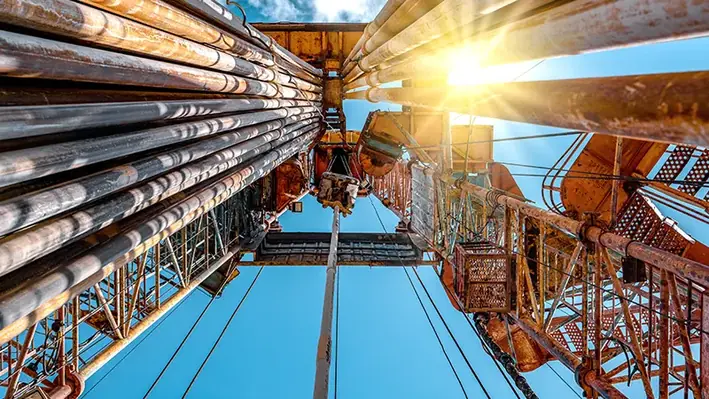 As sanctions against Russia increase by the day, Europe has been thrust into a position of vulnerability as supply disruptions become a threat to the region’s oil market. However, as West Africa ramps up its production numbers, especially within Nigeria, the region may be the saving grace needed for European imports. Accordingly, Nigeria alone is expected to capitalise on its 37 billion barrels of crude oil reserves in order to expand its exports into Europe.
As sanctions against Russia increase by the day, Europe has been thrust into a position of vulnerability as supply disruptions become a threat to the region’s oil market. However, as West Africa ramps up its production numbers, especially within Nigeria, the region may be the saving grace needed for European imports. Accordingly, Nigeria alone is expected to capitalise on its 37 billion barrels of crude oil reserves in order to expand its exports into Europe.
It is no secret that the global oil market hasn’t experienced a notion of stability over the last couple of years, as both the Covid-19 pandemic and the geopolitical situation across eastern Europe tipped the proverbial scales from one extreme to another in quick succession. In a two-year period, the price of oil ranged from the historic lows of US$21.87 (WTI) to the staggering heights of US$122.11 (WTI). Thankfully, the price has now plateaued to remain in the region of a healthy US$80, but given the turbulence of the last few years, the future remains uncertain.
What is certain, however, is that even with the increased vigour placed on alternative energy sources and supporting the energy transition, renewable energy still has a long way to go until it can meet the global energy demand, meaning that at least for the next few decades, oil and gas is here to stay. As the demand for energy continues to soar, the gauntlet falls to individual regions increasing their production levels and making their own stamp on the global oil market. This change in focus gives the West African region a prime opportunity to take its place among the big hitters, especially as focus has turned into using marginal fields to up production. In 2020, 57 marginal fields became accessible for local companies to start production work on, tapping into the reported one billion barrels of oil that lie within.
With increased production, however, comes an increased demand for vessels to complete the scope of work. Once the pandemic neared its end and production returned in full force, the demand for vessels grew tenfold, creating a bottleneck in supply. It wasn’t only the demand for vessels which grew exponentially, but extreme inflation levels of up to 21% in Nigeria meant the cost of the vessels grew as well. It became not only a situation of sourcing a vessel, but sourcing an affordable one. Even with the strong presence of service providers Helix and TechnipFMC in the region, there is still a huge backlog of projects awaiting attention.
What has become apparent in the region is that collaboration between sectors is a necessity. As the Nigerian Oil and Gas Industry Content Development Act (the ‘Local Content Act’) highlights the importance of self-sufficiency in the global oil landscape, priority of the marginal wells is now given to indigenous companies as opposed to international/multinational operators. With that in mind, local companies will need to rely on the expertise presented in other sectors to fully exploit the potential in these wells if they want to utilise the resources to their fullest.




